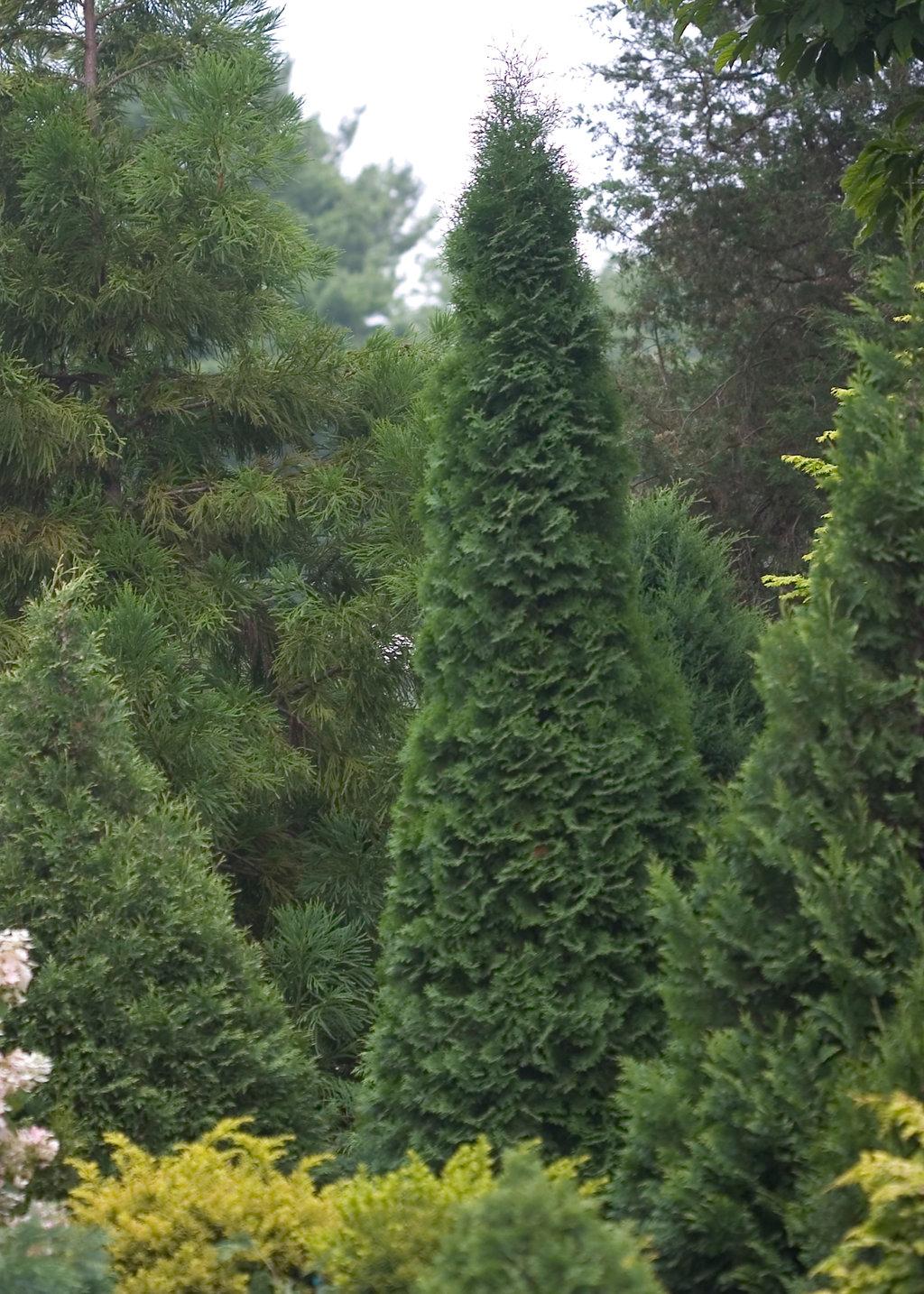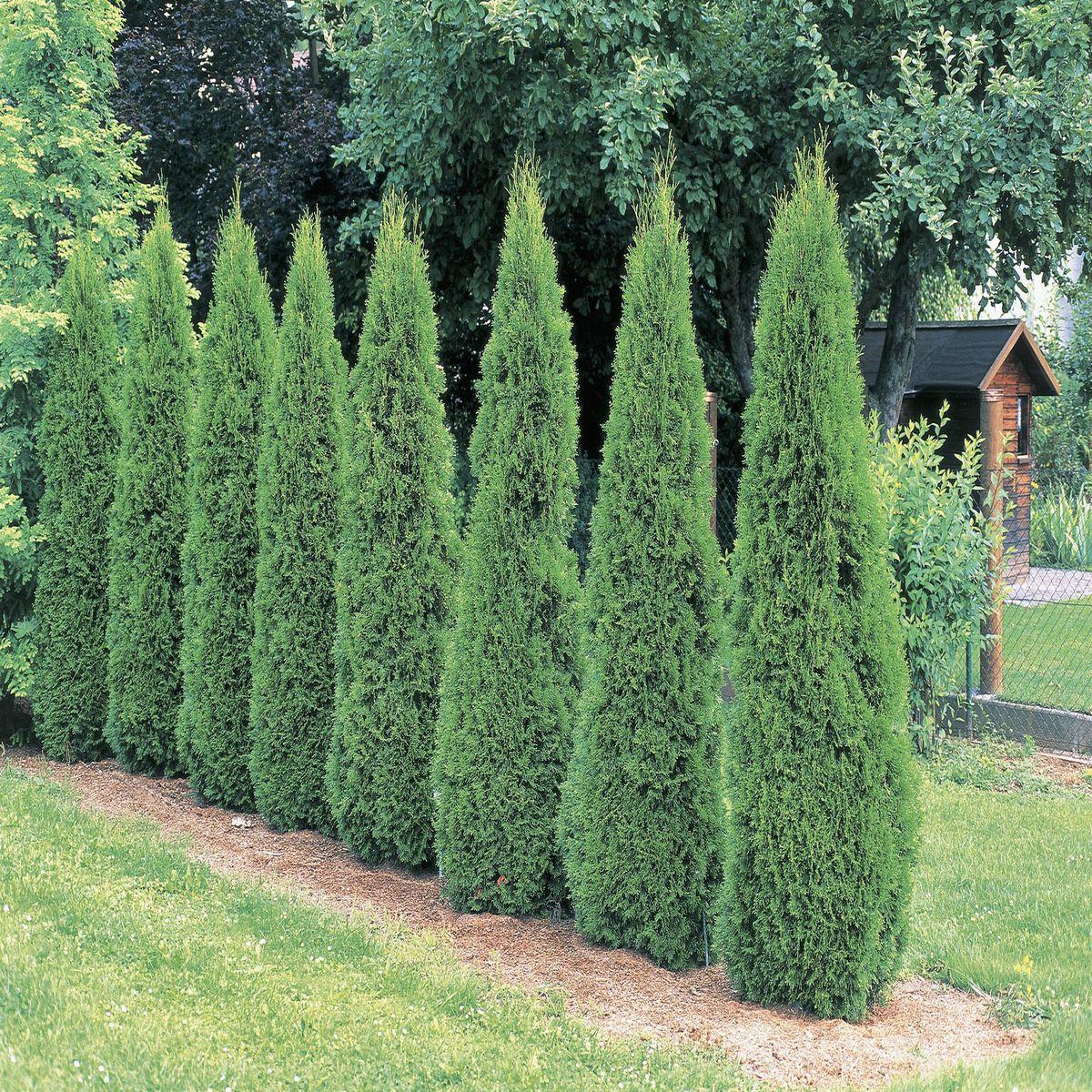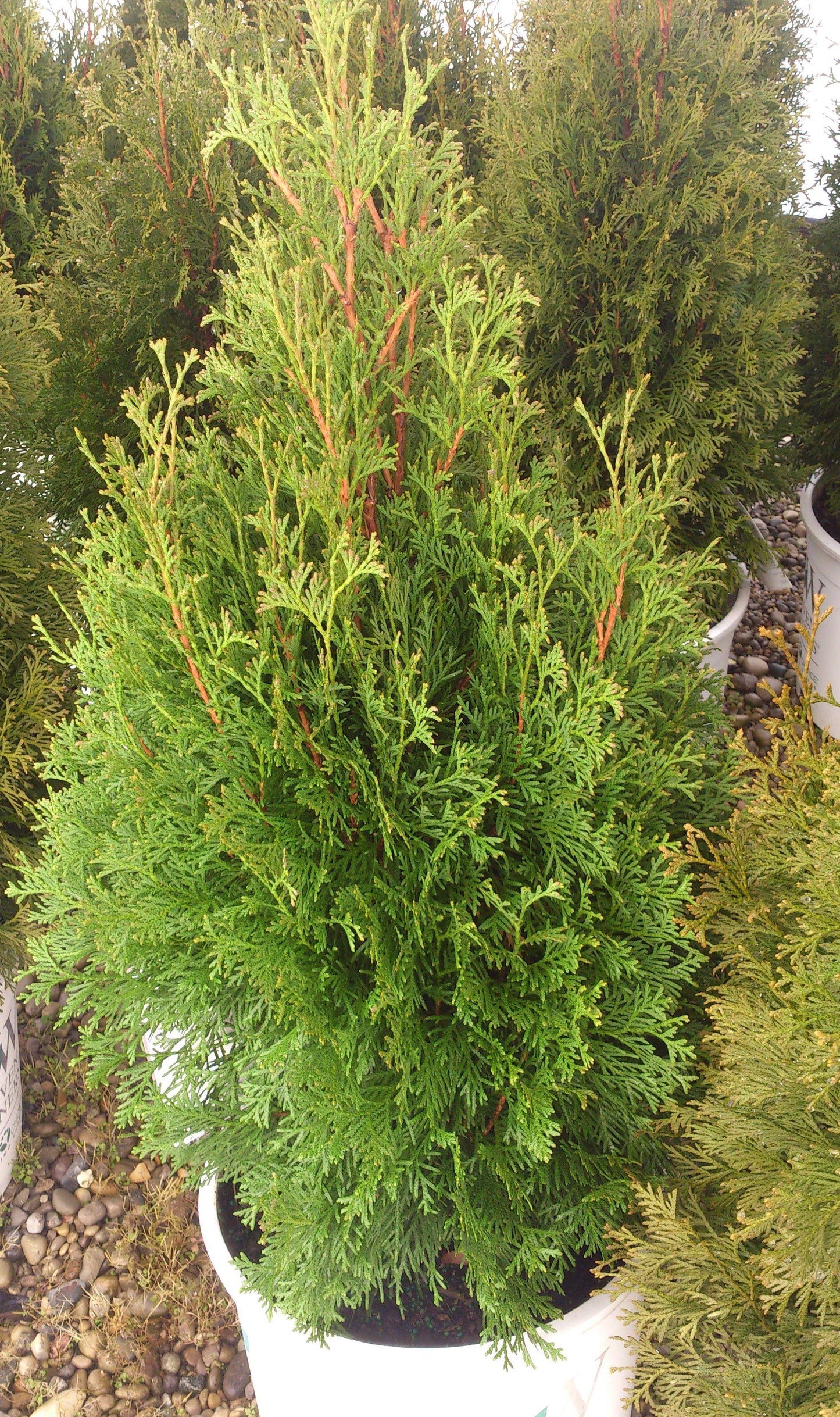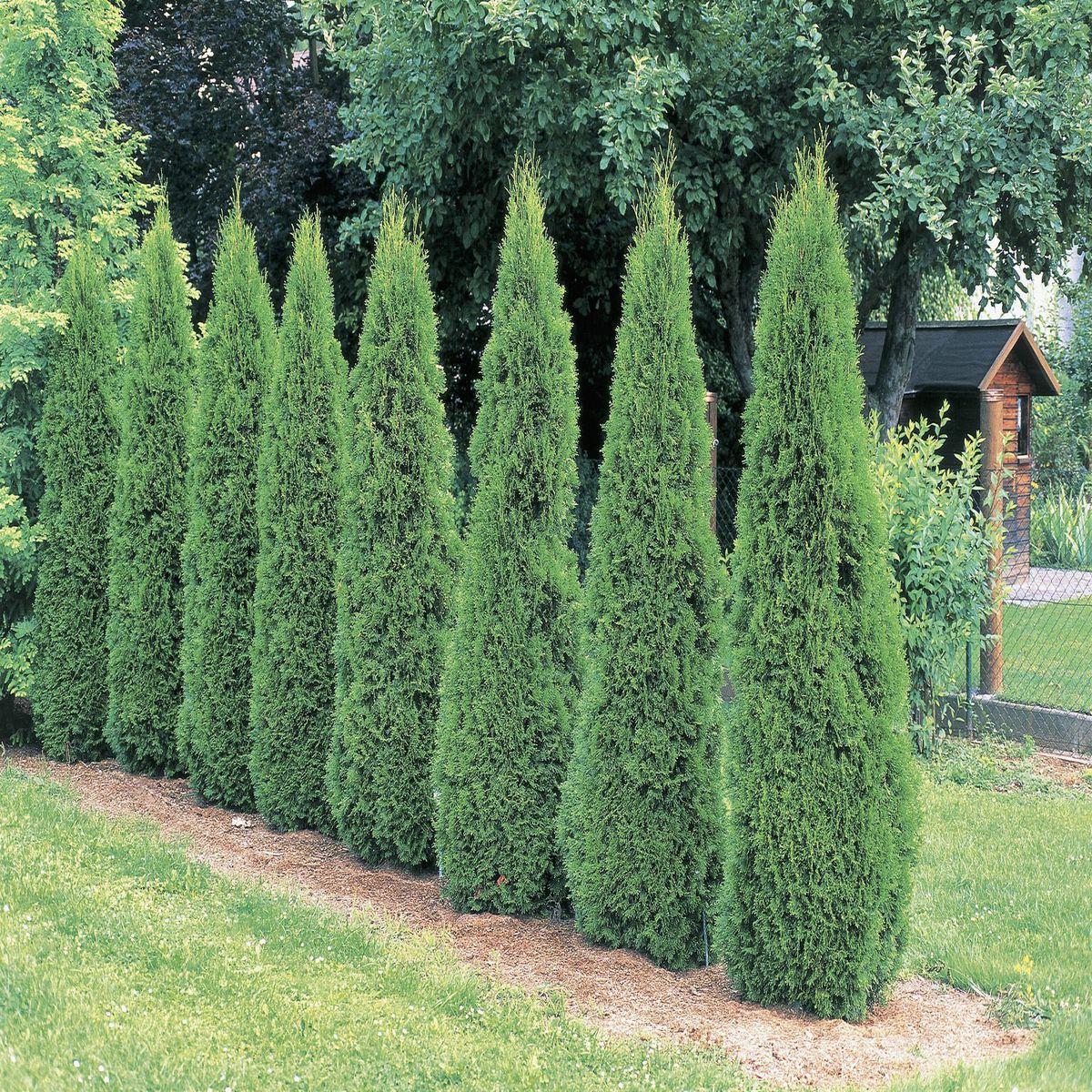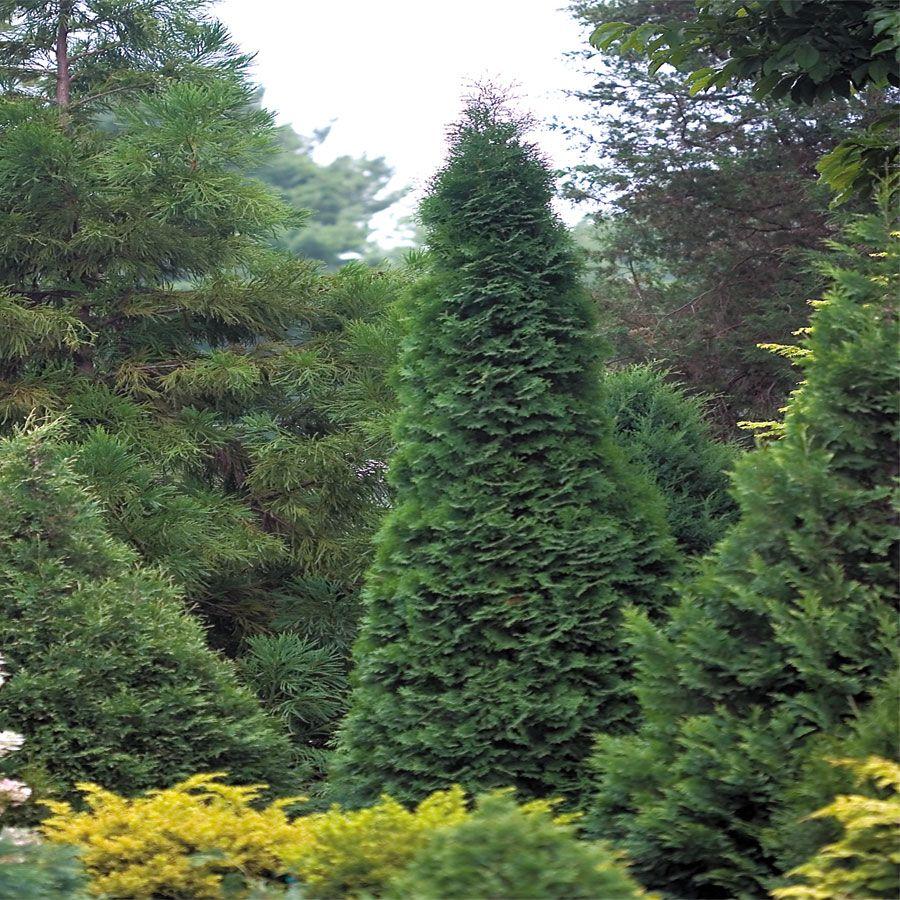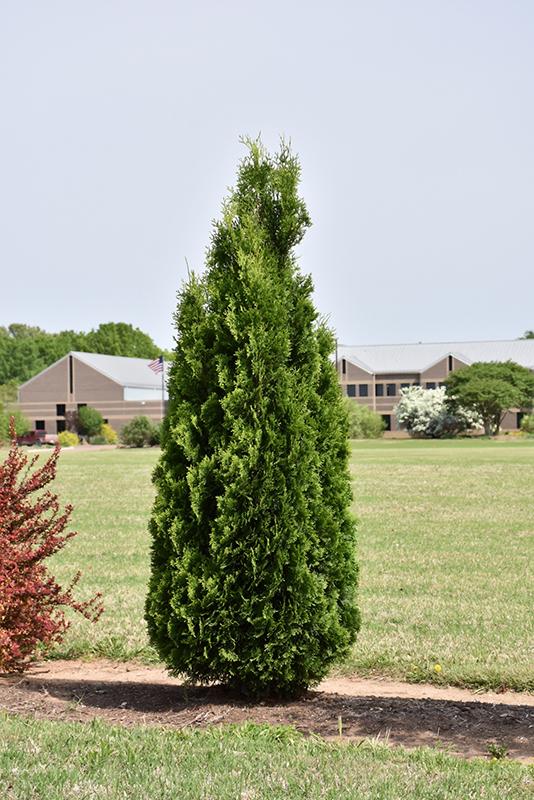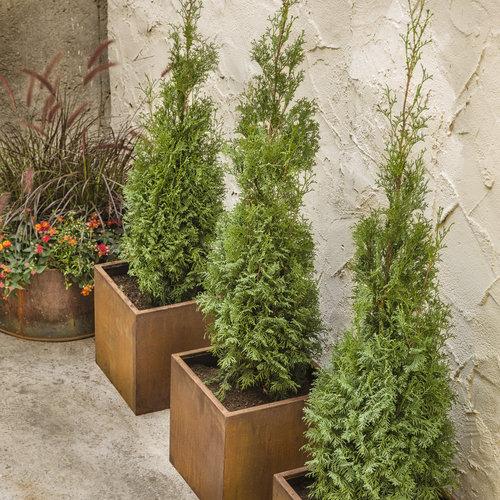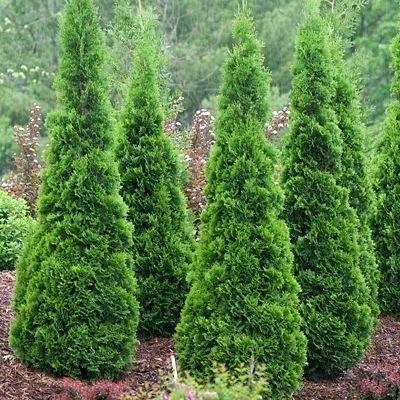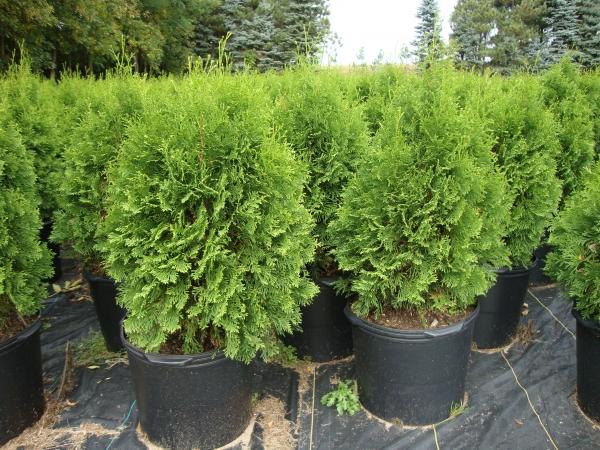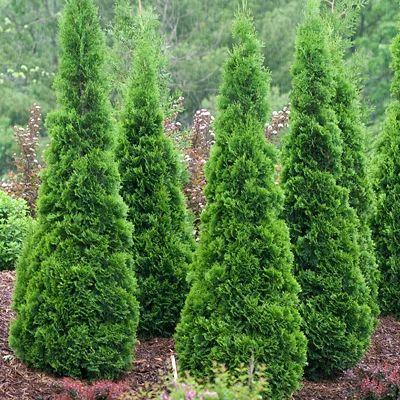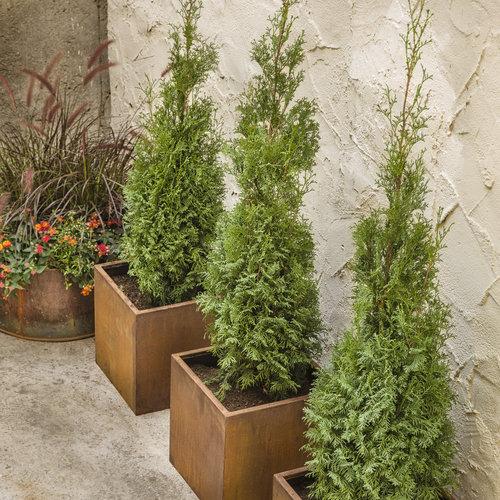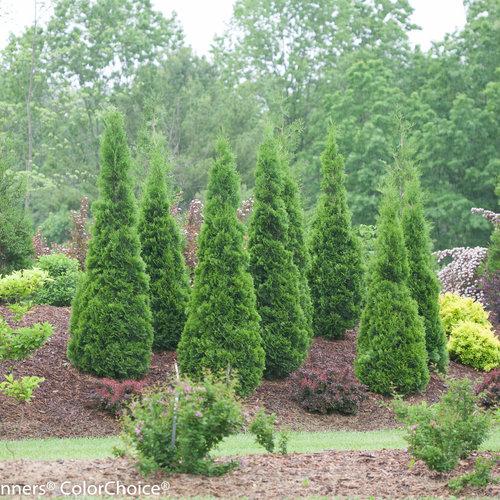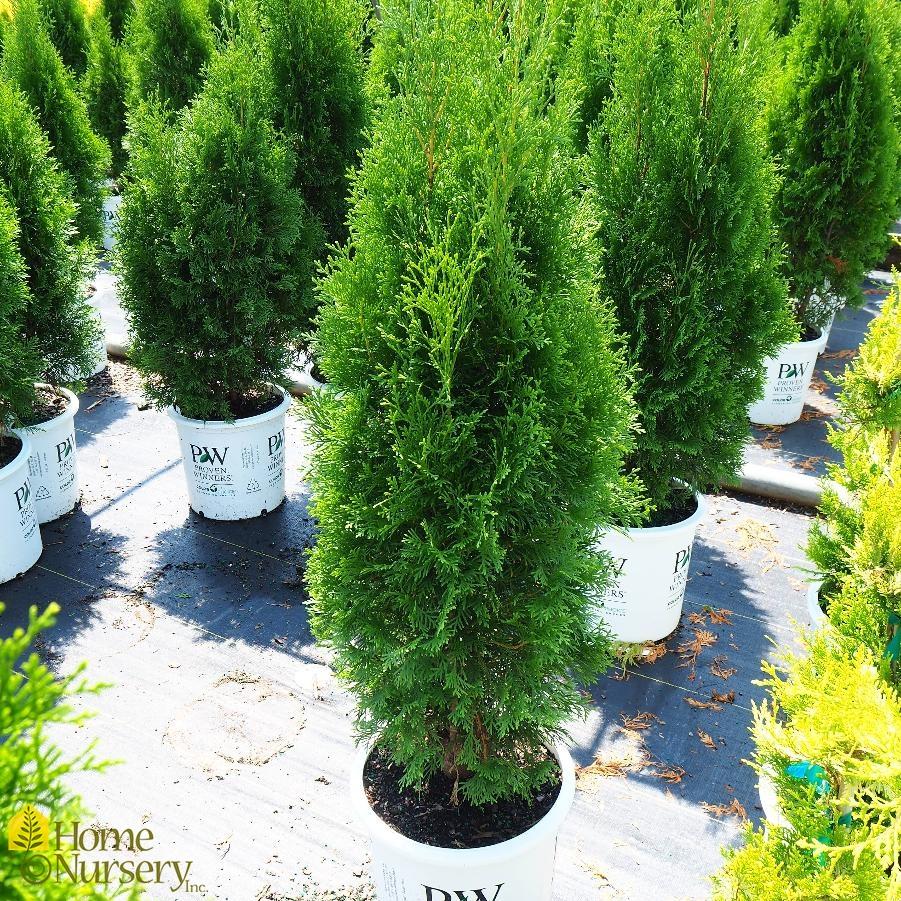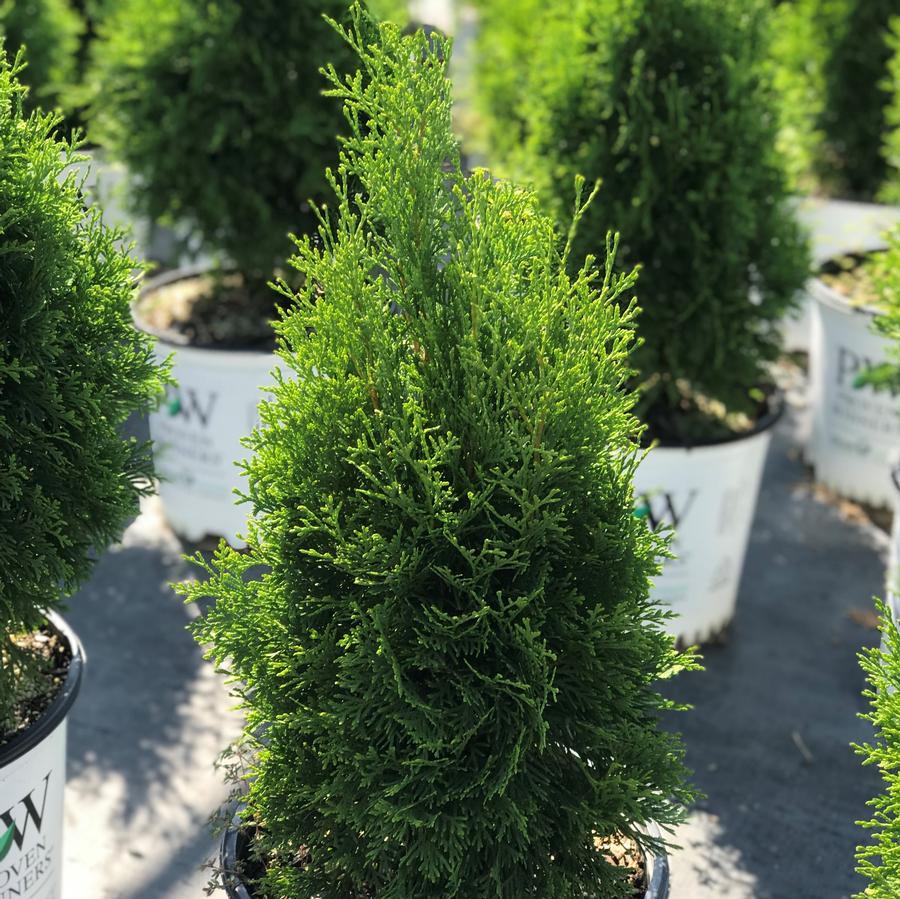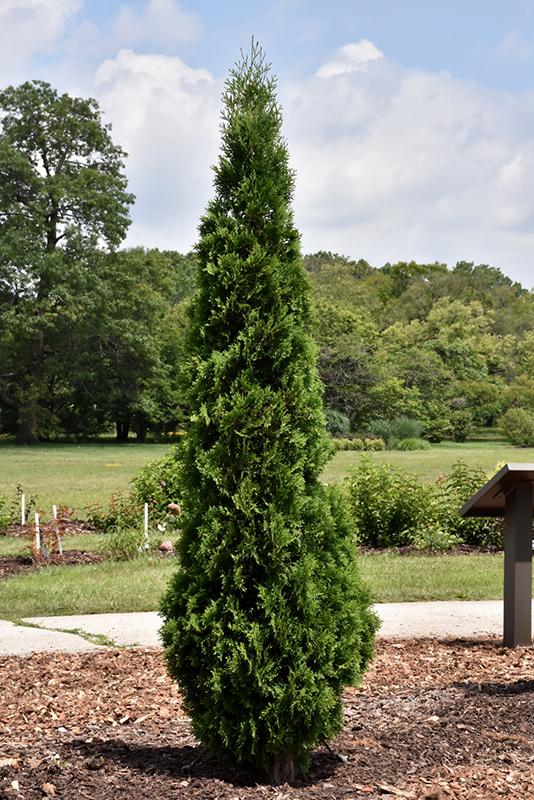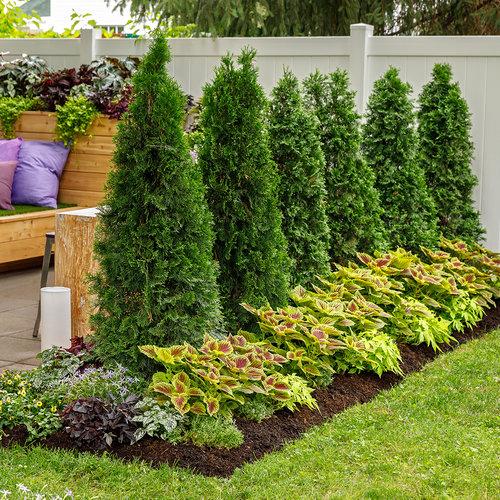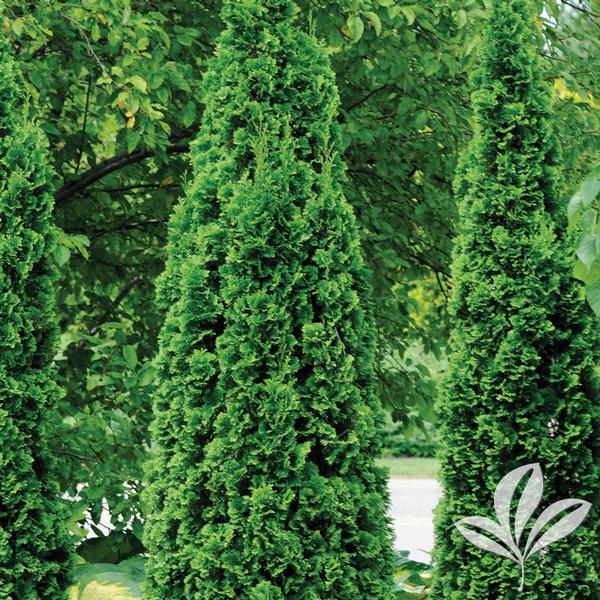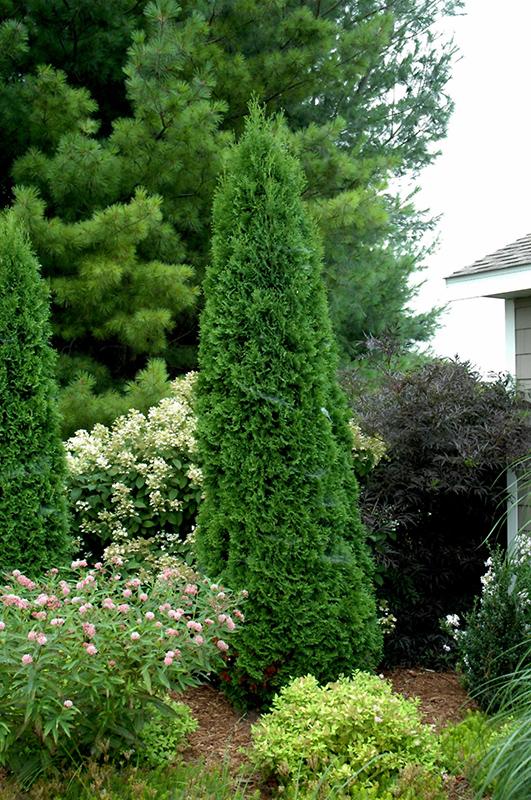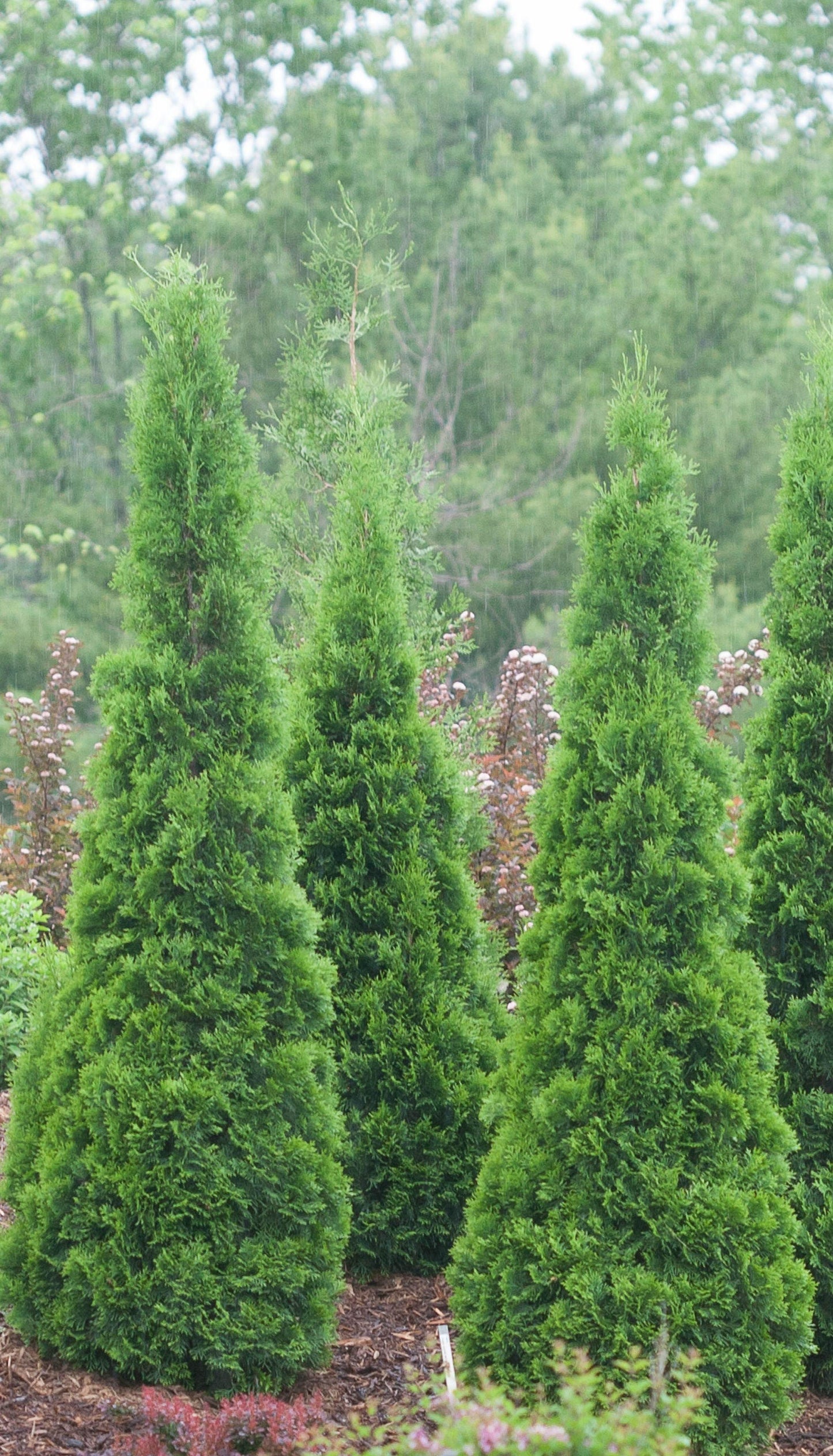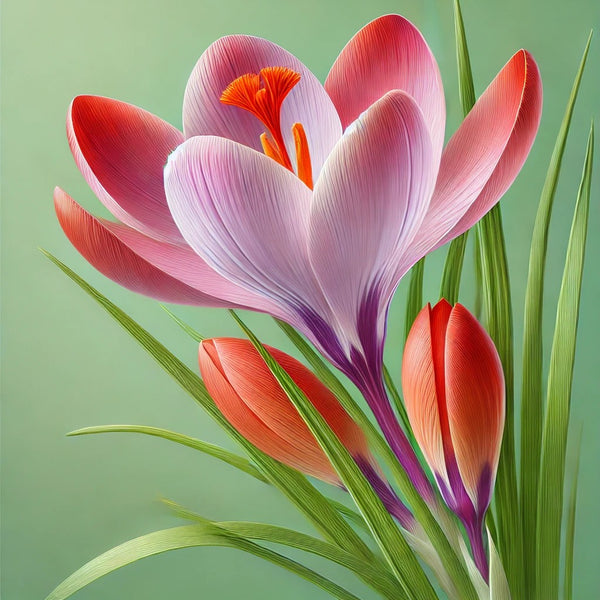1
/
of
19
North Pole Arborvitae–Evergreen–Ideal for Privacy Screens 10 Gallon
North Pole Arborvitae–Evergreen–Ideal for Privacy Screens 10 Gallon
Regular price
$476.00 USD
Regular price
$618.80 USD
Sale price
$476.00 USD
Unit price
/
per
Shipping calculated at checkout.
SKU:nte7297-redcrocus
Couldn't load pickup availability
Thuja occidentalis 'North Pole'
Description
The 'North Pole' Arborvitae is a narrow, columnar evergreen shrub known for its dense, dark green foliage that retains its color throughout the winter. This cultivar is perfect for creating privacy screens or as a vertical accent in the landscape.
Suggested Uses
Ideal for hedges, privacy screens, or as a standalone specimen. Its narrow form makes it suitable for small spaces and urban gardens. Can also be used in containers for patios and decks.
Plant Details
-
 Botanical Name: Thuja occidentalis 'North Pole'
Botanical Name: Thuja occidentalis 'North Pole' -
 Common Name: 'North Pole' American Arborvitae
Common Name: 'North Pole' American Arborvitae -
 Size & Growth: 10-15 feet tall, 3-5 feet wide
Size & Growth: 10-15 feet tall, 3-5 feet wide -
 Hardiness Zones: 3-7
Hardiness Zones: 3-7 -
 Foliage Type: Evergreen
Foliage Type: Evergreen -
 Bloom Time: Non-flowering
Bloom Time: Non-flowering -
 Growth Rate: Moderate
Growth Rate: Moderate -
 Light Requirements: Full sun to partial shade
Light Requirements: Full sun to partial shade -
 Attracts Pollinators: No
Attracts Pollinators: No -
 Indoor Friendly: No
Indoor Friendly: No -
 Container Friendly: Yes
Container Friendly: Yes -
 Deer Resistant: Yes
Deer Resistant: Yes -
 Pet Warning: Non-toxic
Pet Warning: Non-toxic -
 Fragrant: No
Fragrant: No -
 Cut Flower: No
Cut Flower: No -
 Grows Well With: Junipers, Boxwoods
Grows Well With: Junipers, Boxwoods
Care Tips
-
 Planting Instructions: Plant in well-drained soil, ensuring the root ball is level with the ground surface.
Planting Instructions: Plant in well-drained soil, ensuring the root ball is level with the ground surface. -
 Soil Moisture: Keep soil consistently moist, especially in the first year.
Soil Moisture: Keep soil consistently moist, especially in the first year. -
 Soil Type: Prefers slightly acidic, loamy soil but adapts to a range of soil types.
Soil Type: Prefers slightly acidic, loamy soil but adapts to a range of soil types. -
 Humidity: Tolerates a range of humidity levels.
Humidity: Tolerates a range of humidity levels. -
 Pruning Instructions: Prune in early spring to maintain shape and remove any dead or damaged branches.
Pruning Instructions: Prune in early spring to maintain shape and remove any dead or damaged branches. -
 Winter Care: Mulch around the base to protect roots in colder climates.
Winter Care: Mulch around the base to protect roots in colder climates. -
 Planting Depth: Ensure the root ball is level with the ground surface.
Planting Depth: Ensure the root ball is level with the ground surface. -
 Fertilization: Apply a balanced fertilizer in early spring.
Fertilization: Apply a balanced fertilizer in early spring. -
 Special Care: Monitor for spider mites and bagworms, especially in dry conditions.
Special Care: Monitor for spider mites and bagworms, especially in dry conditions.
Share
